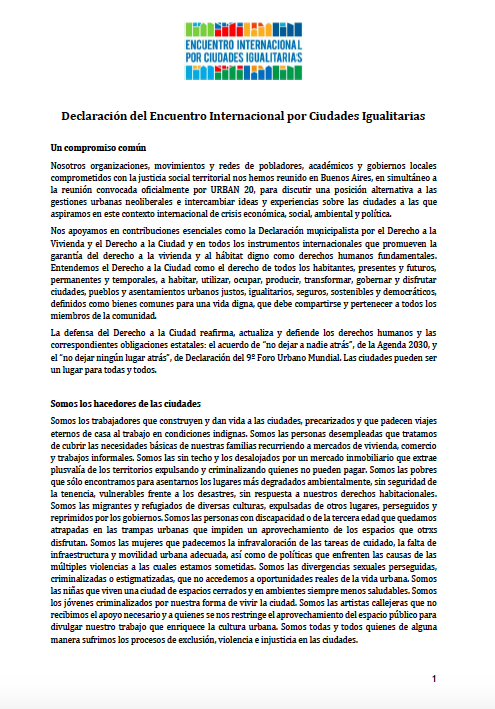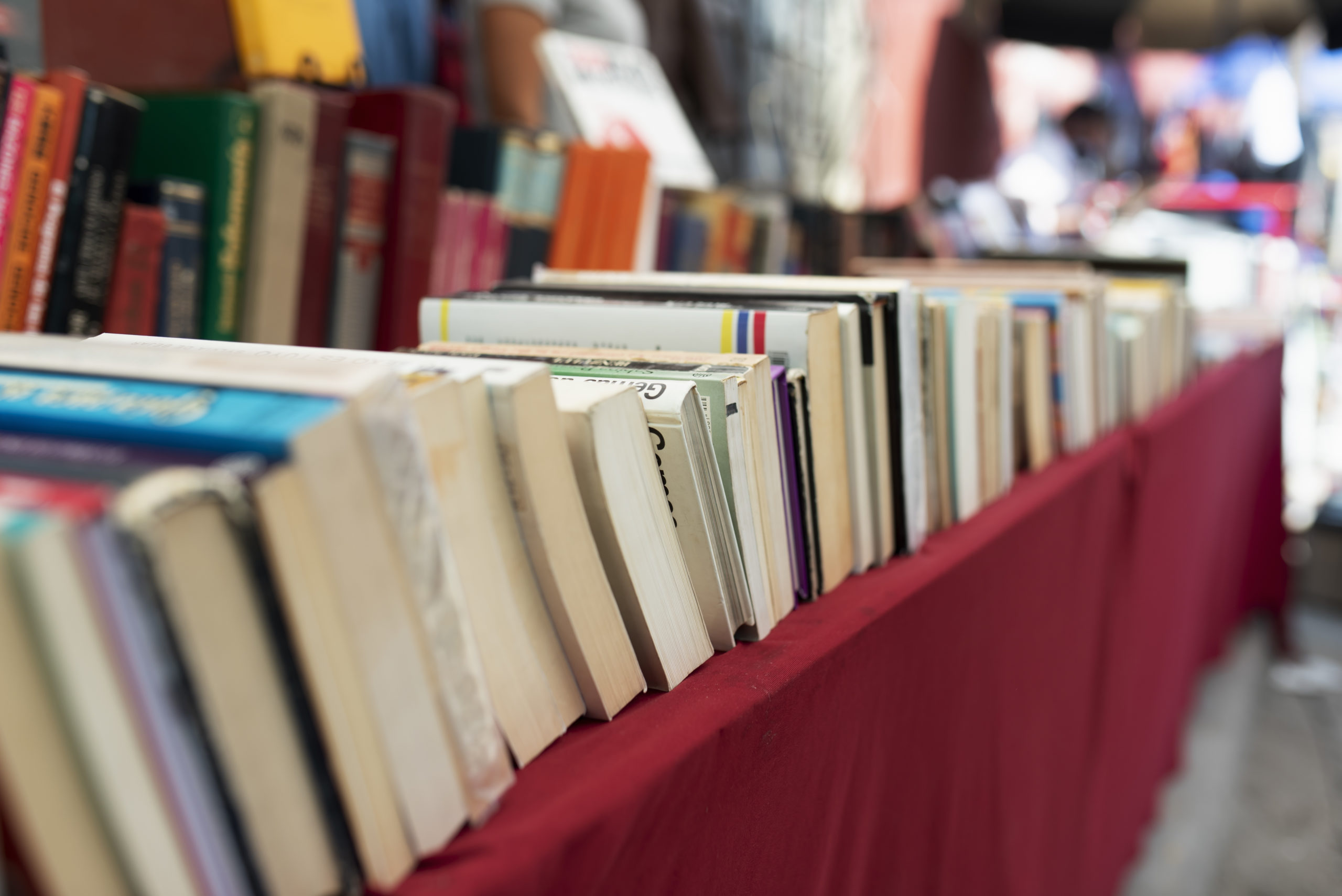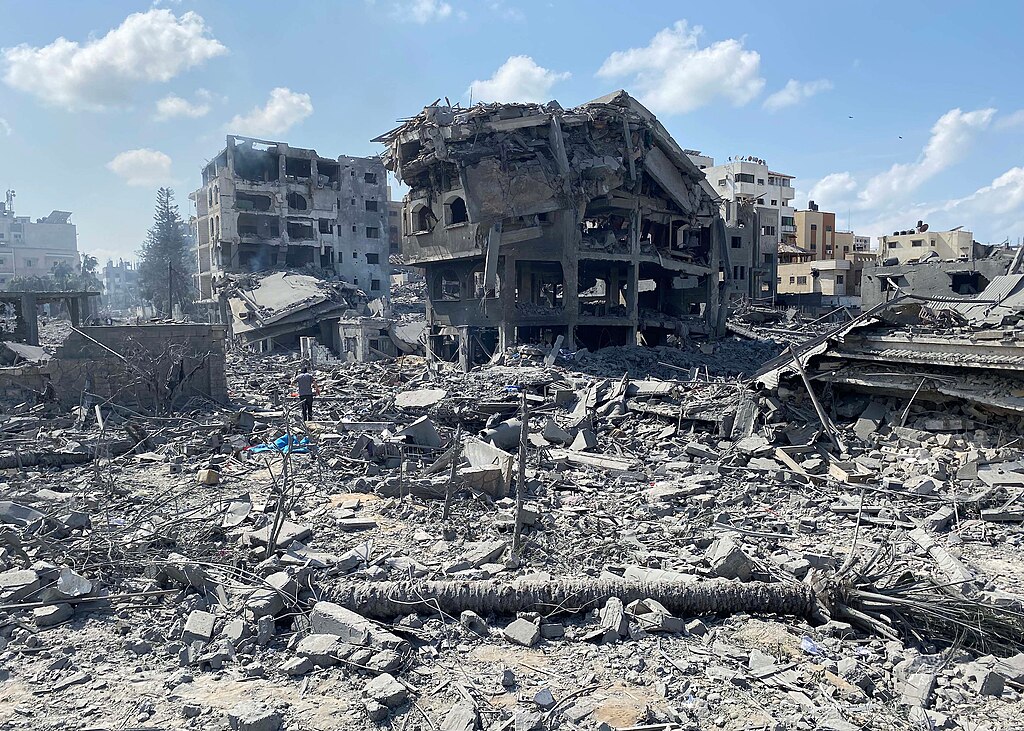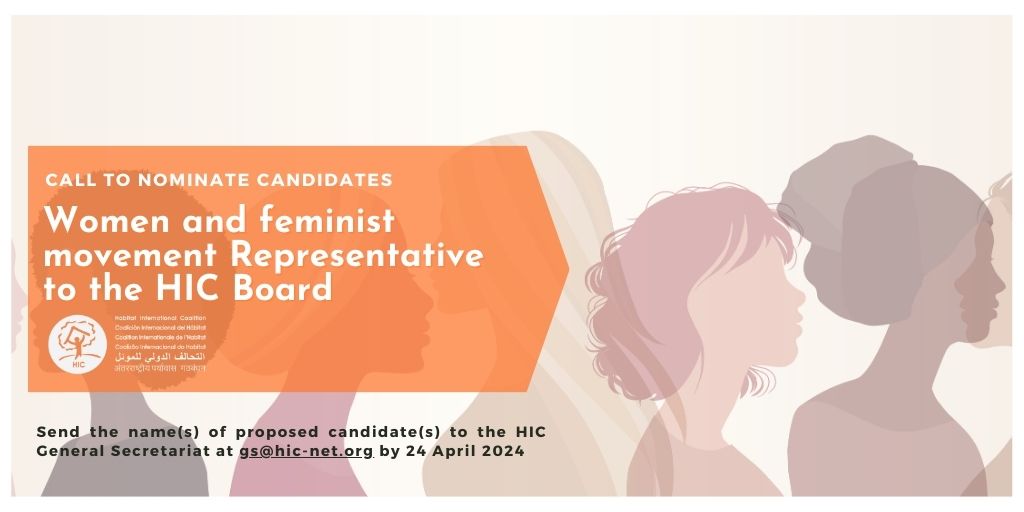WSF Opening March, February 6
On Sunday February 6, around 100,000 anti-globalization activists from around the world – among them a HIC delegation – gathered in the streets of Dakar and marched from downtown to the WSF venue at the Check Anta Diop University campus.
Field Visit in Baraka slum
A HIC delegation went on a field visit to Baraka, a slum in the Liberté 6 district of Dakar. More than 2,000 inhabitants live in very precarious conditions in this two-hectare slum. However, they are organized, they have a small school, hold workshops and even have set up a little clinic. The community is threatened by land speculation processes, as Baraka is situated relatively close to the city center. Growing middle-class real estate interests threaten Baraka’s inhabitants with eviction, and HIC is working to support them in their struggle to stay in their neighbourhood.
Baraka, The Promised Land
Franck Olivier Kouamé, CIAH-Cameroon, HIC Francophone Africa
I revisited Baraka on February 7, 2011. The same Baraka, slum of Dakar, Senegal, which I visited in 2009 with members of HIC Francophone Africa under the direction of Ibou Bodian of Enda Rup, to see their projects on access to water and sanitation. And again, without having purposely planned it, I found myself in Baraka, a slum in the heart of Dakar surrounded by luxurious homes and buildings.
I had trouble recognizing Baraka. I found it increasingly surrounded and I felt like the neighbourhood was choking. I also choked as I was unable to explain the contrast between the beautiful buildings around Bakara, the slum where inhabitants live with precarious habitat materials. This slum that screams, throws messages, resists, with a silenced voice.
I revisited Baraka with its (fire hydrant/drinking fountain), its school where young girls are already mothers, and its phone centre where the portrait of Jacques Bugnicourt, the founder of Enda Tiers Monde who did a lot for the slum, is painted on the wall.
I revisited Baraka and its promiscuous air.
I met lost souls, human beings, living, poorly treated by others.
I saw inhabitants that no one would ever have named as such.
In Baraka I saw poor families in need, but proud and living with dignity.
I saw children playing, who accompanied us along with their parents throughout our visit.
In Baraka I saw smiles, love, truth, and I thought of all the social outcasts of the world.
It made me think of other neighbourhoods already demolished like Briqueterrie, Ntaba Nlongkak and others in Youndé and Douala, Cameroon.
….read on on the global report
World Social Forum
*World Assembly of Inhabitants in the peripheral neighbourhood Guediawaye, February 8 and 9
The World Assembly of Inhabitants held decentralized activities on Feburary 8 and 9 in Guediawaye, a peripheral neighbourhood of Dakar. IAI, HIC and Novox decided to hold activities in this neighbourhood due to the fact that its inhabitants are those people most concerned with topics covered by the WAI – eviction, floods, the right to housing, the right to the city, the right to water, etc. – and that they could not easily reach the Cheikh Anta Diop University campus where the WSF was held and which is a one-hour commute from Guediawaye.
With more than 400 people in the room over the two days, presentations were made by activists from various networks covering subjects that ranged from eviction, land grabbing, land and real estate speculation, the right to water, women’s rights, and the criminalization of activists, among other related topics. Speakers from Francophone Africa, the Maghreb, Latin America, Asia, Europe, and North America showed that international solidarity is needed to fight against the negative effects of neoliberalism that affect the poorest people around the world. Presentations were made in Wolof, Bambara, French, English and Spanish.
* World Assembly of Inhabitants Convergence, February 10
February 10th was the day of convergences of the various assemblies. As such, the World Assembly of Inhabitants had the opportunity to share information about the activities organized within the Forum and peripheral neighbourhoods. The networks and organizations that participated in the WAI came together again to work on a joint declaration, committing to continue working together on certain aspects of right to housing. This includes an agreement by the networks involved to collectively organize campaigns, such as World Habitat Day 2011-2012.
The statement is available here.
To download the entire global report click here




